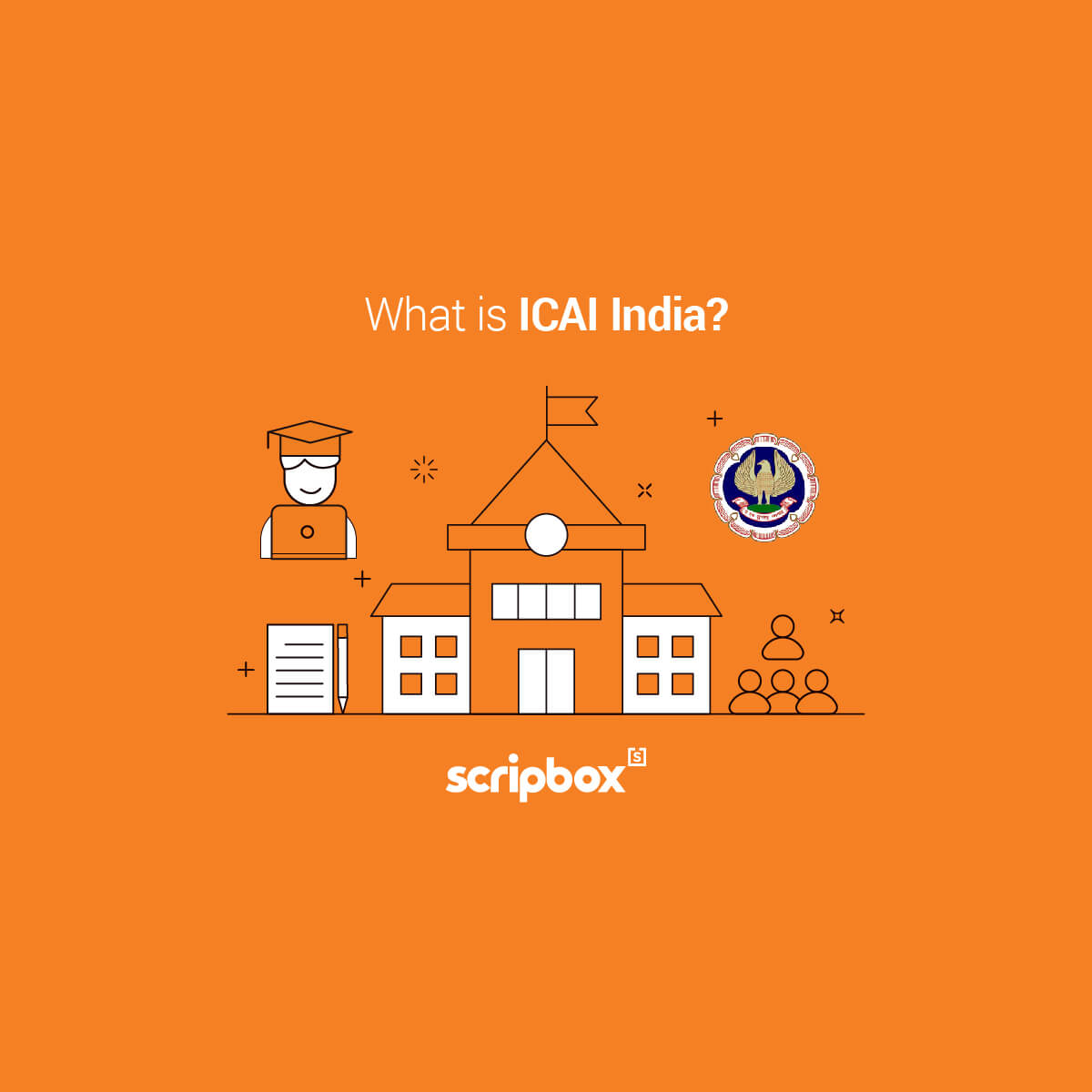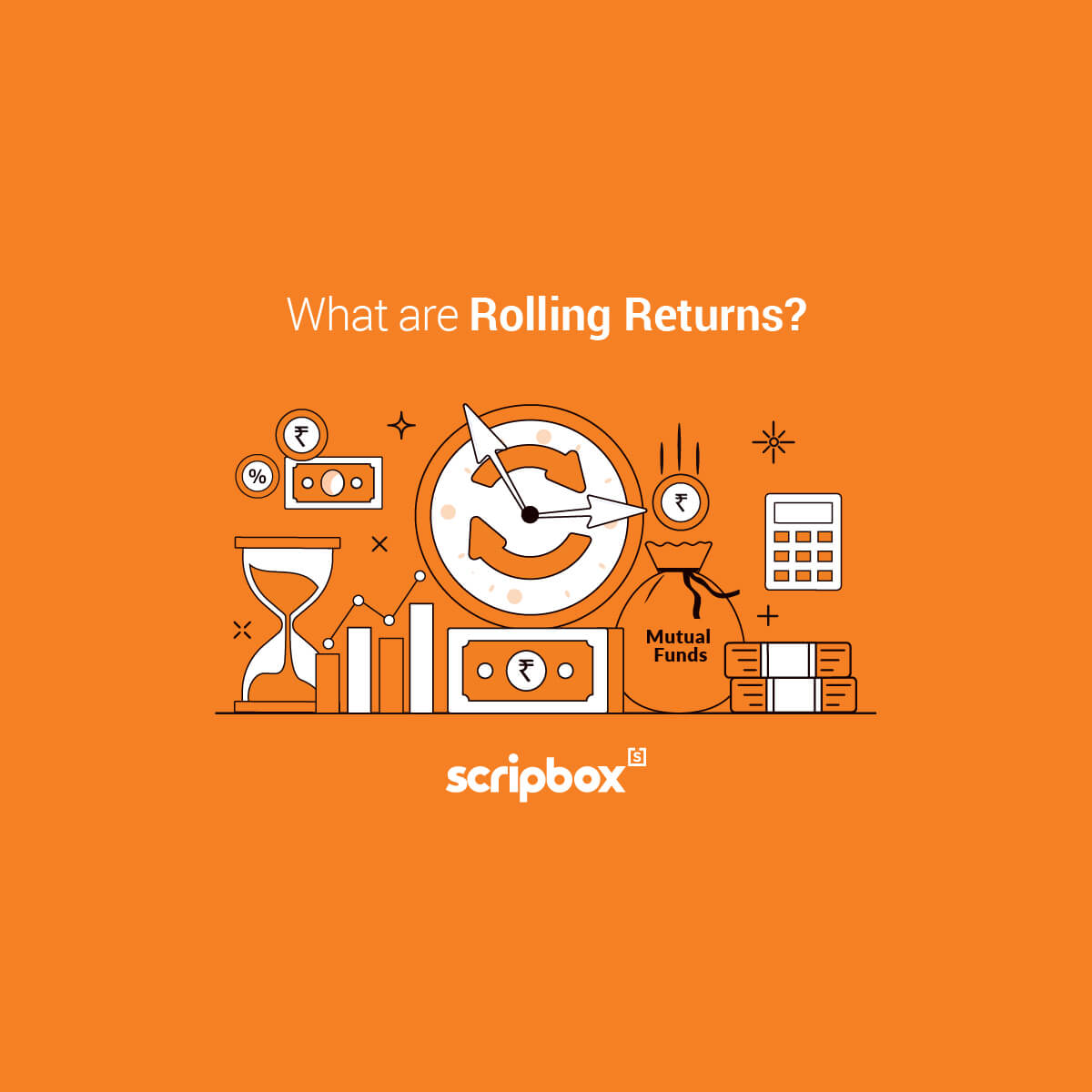What is a Commodity Mutual Fund?
A commodity mutual fund is a fund that invests in commodities, which are agricultural products or raw materials. A commodity is any goods ranging from precious metals to stones, petroleum and oil products to gold, and coffee grains to food grains. Commodities have a high commercial value and consumer demand. Thus, the returns are based on the market performance of the commodity that the fund tracks.
For example, a fund that tracks gold as its commodity fluctuates with the gold price movements. Thus, the returns from the scheme are directly related to the gold price movements. Furthermore, commodity funds can also invest in the businesses that manufacture these goods.
Retail investor participation is significantly low in the commodities market. Commodity funds are a good way to trade in commodities (indirectly). Therefore, commodity funds offer good diversification to an investment portfolio.
Types of Commodity Mutual Funds
Commodity funds have multiple sub-categories based on the investment objective and strategy of the fund. Following are the types of commodity mutual funds:
- Natural Resources Funds: Natural resources funds invest across companies that deal in gold, silver, oil, petroleum, etc. The performance of natural resources funds is directly dependent on the prices of the commodities. With technological advancements, investments in renewable energy such as wind energy are also possible now.
- True/ Basic Commodity Funds: True or basic commodity funds invest across naturally occurring physical assets such as metals.
- Future Funds: Future funds invest in commodities through futures contracts. Investing in a futures contract doesn’t require buying the actual commodity. Since future contracts are highly volatile, these funds carry the highest risk among other types of commodity funds. A future fund’s fund manager makes a decision on the commodity’s futures trading. The NAV of these funds might rise or fall drastically depending on the fund manager’s decision.
- Combination Funds: As the name suggests, combination funds invest in both basic commodities and commodity futures. Since they invest across futures and basic commodities, the risk levels are balanced between the two. Futures are high-risk investments when compared to basic commodities.
- Index Funds: Index funds track an index that comprises commodities. The aim is to track the index with minimum tracking error. Since a fund tracks an index, they are passively managed investment. The fund buys commodities at standard rates based on the benchmark.
Explore: Forward Contract Meaning
Features of Commodity Mutual Funds India
Following are the features and benefits of investing in commodity mutual funds:
Flexibility
Commodity mutual funds have a variety of categories and sub-categories. Thus, investors have a wide range of options to select from. Furthermore, there are funds suitable for short term and long-term investment horizons as well. Therefore, depending on the investment goal and horizon, you can select a suitable fund for investment.
Protection Against Market Volatility
Commodities like gold and silver are not affected by market volatility. In other words, they are inversely related to the stock market movements. Thus, these commodity funds will tend to give good returns during a market downturn or crash. As a result, lowering your losses or mitigating risks.
Hedge Against Inflation
Most commodity funds act as an inflation hedge, providing returns that are in line with global trends. Commodity prices rise with inflation. Thus, these are among the very few assets that are positively impacted by inflation.
Risks
Commodity funds are not as volatile as equity mutual funds. However, they are not completely risk-free. Commodity funds are sensitive to geopolitical activities. For example, if a country is exporting Coal from another country. Certain conflicts between the two nations can have an impact on coal prices.
Diversification
Commodity funds are a good option for portfolio diversification. Since they are inversely related to the stock market, they tend to lower the portfolio risks. Furthermore, as they also are good hedging investments, adding them to your investment portfolio may help you generate better risk-adjusted returns.
Expert Fund Management
Trading in commodities requires a lot of experience. You can easily get exposure to the commodities market through commodity mutual funds. The fund manager, with his expertise, will constantly try to generate returns for investors. Thus, investing through commodity funds is the easiest way to participate in the commodities market and diversify your investments. Furthermore, professional fund management will help you generate significant returns.
Growth
Commodity prices fluctuate on the basis of demand and supply. When a commodity’s demand is high but the supply is low, the product’s price rises as a result. As a result, the potential for financial growth is high. In other words, investment in such a commodity will generate significant returns.
explore our article on what is commodity index?
How Does a Commodity Mutual Fund Work in India?
A commodity fund invests in a particular commodity and sometimes in companies that manufacture the good. The fund’s returns are highly dependent on the commodity price movements. Fluctuations in the prices movements of the commodity will have a direct impact on the investor earnings. Since these funds invest in a commodity, they are volatile investments. For example, in case the price of the commodity rises, the fund manager books profits and divides the gains equally among all the unitholders. On the contrary, the fund will give negative returns if the prices fall.
Commodity funds have their own risks and benefits. Thus, one must be careful before investing in these funds.
Who Should Invest in a Commodity Mutual Fund?
Investors seeking exposure to the commodities market can consider investing through commodity mutual funds. Dealing with commodities requires good knowledge and experience. If you lack the knowledge and experience to trade in the commodities market, you can invest through commodity mutual funds. Investing in a commodity fund is preferable to investing in commodities directly. Since with commodity funds, you can leverage the expertise of the fund manager.
Though commodity funds are not as volatile as equity funds, they do carry a certain level of risk. Thus, you should be well aware of the associated risks. Furthermore, commodity funds are good for diversification. If you are seeking to diversify your investment portfolio, then you can consider investing in commodity funds. These funds offer protection against stock market volatility and are good for investments for hedging against inflation. However, do check with a qualified advisor before taking a decision.
Discover More
- What is a Commodity Mutual Fund?
- Confused if your portfolio is performing right enough to meet your goals?
- How long have you been investing in mutual funds?
- What is your current portfolio size?
- What is your approximate annual household income?
- Your profile does not qualify for a call with a Financial Expert.
- Types of Commodity Mutual Funds
- Features of Commodity Mutual Funds India
- How Does a Commodity Mutual Fund Work in India?
- Who Should Invest in a Commodity Mutual Fund?























Show comments